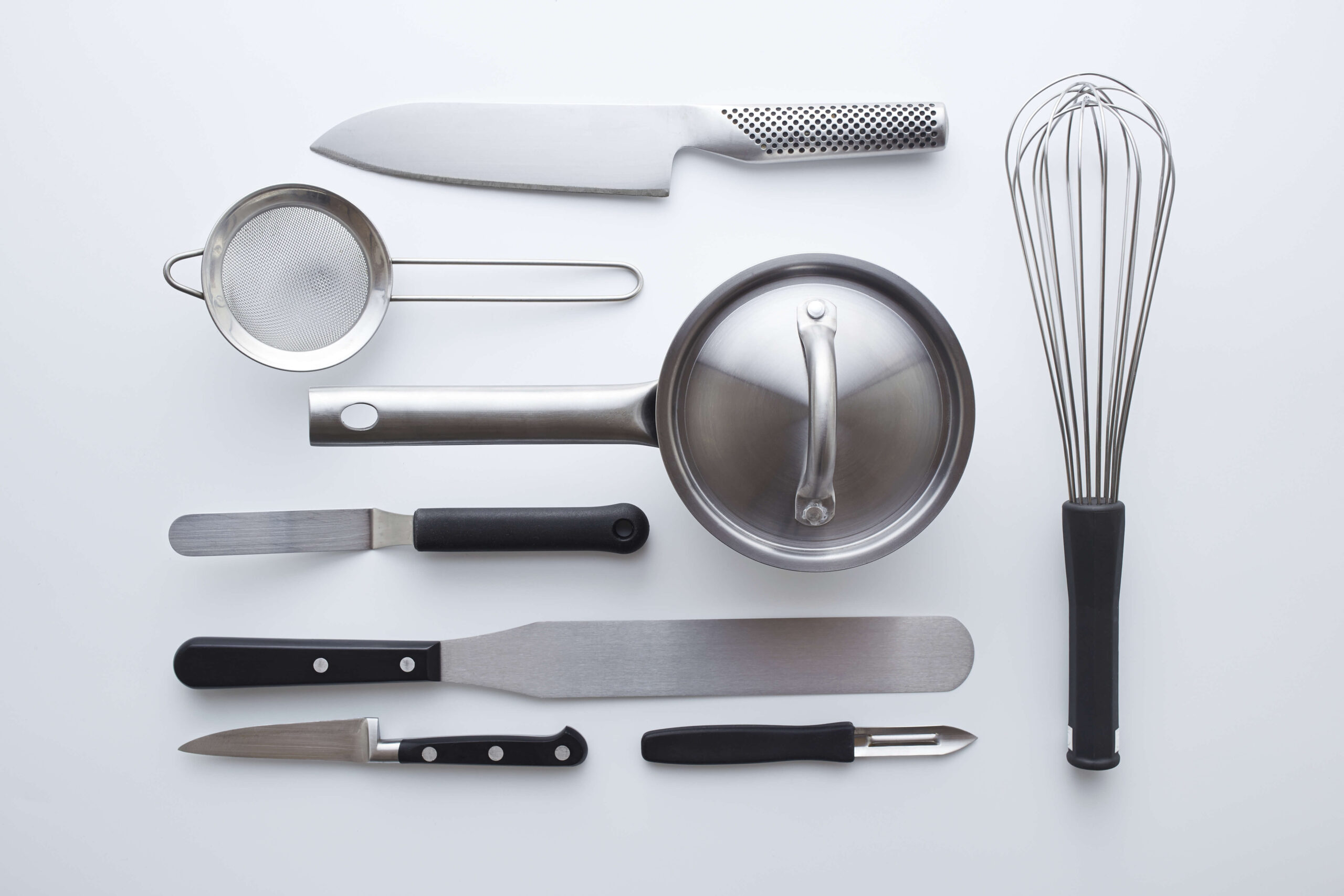Proper food handling and hygiene are essential in the kitchen to ensure the safety of the meals we prepare. While we pay attention to ingredients and cooking techniques, we often overlook the importance of cleaning utensils thoroughly. One such kitchen tool that requires meticulous cleaning is the spatula. In this blog, we will explore the significance of cleaning spatulas properly to maintain food safety and prevent cross-contamination.
Understanding Spatulas and Their Uses
Spatulas come in various types, including silicone, metal, and rubber, each designed for specific purposes. These versatile tools are used for flipping pancakes, scraping bowls, mixing ingredients, and much more. However, regardless of their type or purpose, spatulas must be clean and sanitary before and after each use to prevent the transfer of harmful bacteria.
Importance of Proper Cleaning
Unclean spatulas pose several risks, including cross-contamination and the spread of foodborne illnesses. When spatulas are not cleaned thoroughly, residual food particles can accumulate and become a breeding ground for bacteria. These bacteria can then be transferred to other foods, leading to contamination and potential health hazards. Adhering to food safety guidelines and regulations is crucial, both in professional kitchens and at home, to ensure the well-being of those consuming the food.
Steps for Cleaning Spatulas
To maintain the cleanliness and safety of spatulas, follow these simple steps:
Preparing the cleaning area and gathering necessary supplies:
Before cleaning a spatula, ensure you have a clean sink or basin, hot water, mild dish soap, and a scrub brush or sponge designated for kitchen use.
Scrape off excess food residue:
Using a clean utensil or paper towel, remove any visible food particles from the spatula. This step helps facilitate the cleaning process.
Wash the spatula thoroughly with hot soapy water:
Fill the sink or basin with hot water and add a small amount of mild dish soap. Submerge the spatula and use a scrub brush or sponge to clean all surfaces thoroughly. Pay close attention to any crevices or hard-to-reach areas.
Rinse the spatula with hot water:
After washing, rinse the spatula under hot running water to remove any soap residue. Ensure all soap is completely washed away, as ingesting soap residues can be harmful.
Sanitize the spatula:
There are several methods to sanitize a spatula:
Place it in the dishwasher if it is dishwasher-safe.
Immerse it in boiling water for a few minutes.
Use a sanitizing solution recommended for kitchen utensils.
Allow the spatula to air dry or use a clean, dry cloth:
After sanitizing, let the spatula air dry completely. If you need to use it immediately, use a clean, dry cloth to ensure it is moisture-free.
Tips for Proper Spatula Maintenance
In addition to regular cleaning, here are some tips to ensure the longevity and safety of your spatulas:
Regularly inspect spatulas for signs of wear or damage:
Check spatulas for any cracks, chips, or other signs of wear. If a spatula is damaged, it becomes difficult to clean thoroughly and may harbor bacteria. Replace damaged spatulas promptly.
Avoid using spatulas with cracked or chipped surfaces:
Even a small crack or chip in a spatula’s surface can trap bacteria and pose a risk. Discard such spatulas and replace them with new ones to maintain food safety.
Store spatulas in a clean and dry environment:
After cleaning and drying spatulas, store them in a clean and dry area, away from moisture. Moisture can promote the growth of mold or bacteria, compromising the safety of the utensil.
Educate kitchen staff or family members:
Ensure that everyone who uses spatulas in your kitchen understands the importance of proper handling and cleaning techniques. By educating others, you contribute to a safer food handling environment.
Conclusion:
Maintaining food safety goes beyond selecting fresh ingredients and cooking techniques. Proper cleaning of kitchen utensils, such as spatulas, is a critical aspect of food hygiene. By cleaning spatulas thoroughly, we can prevent cross-contamination, reduce the risk of foodborne illnesses, and protect the health of ourselves and our loved ones. Let’s prioritize H2Safe (hygienic and safe) food handling in our kitchens, ensuring that every meal we prepare is not only delicious but also safe to consume.




